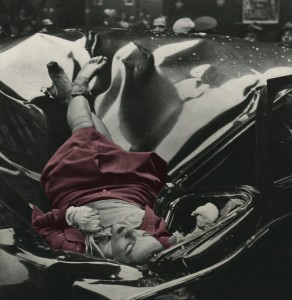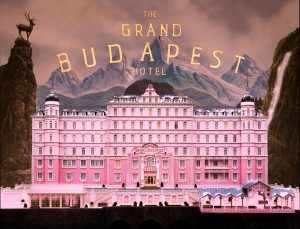There are many things on my mind this morning, but I’ll settle on two for today. Y’know, save the rest for later.
 First: Go spend four dollars at Amazon and buy this book. Written by none other than RtB’s own Ross, it’s a fascinating collection of quotes by and about musicians from long ago up to right now. I’m on page…well, I’m not sure what page I’m on because this Kindle thing on my phone doesn’t give page numbers, but I’m in the “B” section (the authors of the quotes are listed alphabetically). One of my favorites so far:
First: Go spend four dollars at Amazon and buy this book. Written by none other than RtB’s own Ross, it’s a fascinating collection of quotes by and about musicians from long ago up to right now. I’m on page…well, I’m not sure what page I’m on because this Kindle thing on my phone doesn’t give page numbers, but I’m in the “B” section (the authors of the quotes are listed alphabetically). One of my favorites so far:
One of the main sources of mental corruption in this country is the ghost of Vince Lombardi: Don’t matter how you play the game, don’t matter if you enjoy the game, don’t matter if the game means anything, the important thing is to win. I think that’s as good a definition of mental illness as you’re gonna get. ~Jello Biafra, Dead Kennedys
Haha — true. Seriously, it’s not your typical “quote book,” if the “A” section is any indication. Hoist it on over to Amazon and buy it.
Second: While doing some early morning research the other day, I came across a 1947 headline from LIFE magazine. It read, The Most Beautiful Suicide. Without even clicking on the link, I knew the photo the title referenced: the tragic leap by 23-year-old Evelyn McHale from the Empire State Building.
 She’d recently gotten engaged, but according to her suicide note, she didn’t feel worthy. The photo here is a dramatically colorized version of the original Robert Wiles picture (the only photograph he ever published), showing Evelyn in surreal, peaceful repose, with her ankles crossed, skirt hem at a respectable display length, and still holding her necklace. LIFE ran the photo (many publications refused) on a full page two weeks later, with the following caption:
She’d recently gotten engaged, but according to her suicide note, she didn’t feel worthy. The photo here is a dramatically colorized version of the original Robert Wiles picture (the only photograph he ever published), showing Evelyn in surreal, peaceful repose, with her ankles crossed, skirt hem at a respectable display length, and still holding her necklace. LIFE ran the photo (many publications refused) on a full page two weeks later, with the following caption:
On May Day, just after leaving her fiancé, 23-year-old Evelyn McHale wrote a note. ‘He is much better off without me … I wouldn’t make a good wife for anybody,’ … Then she crossed it out. She went to the observation platform of the Empire State Building. Through the mist she gazed at the street, 86 floors below. Then she jumped. In her desperate determination, she leapt clear of the setbacks and hit a United Nations limousine parked at the curb. Across the street, photography student Robert Wiles heard an explosive crash. Just four minutes after Evelyn McHale’s death, Wiles got this picture of death’s violence and its composure.
I’ve had some pretty low moments in my life, to be sure. I think it’s safe to say we’ve all had them. But to be so low — so miserably desperate and despondent — as to consider ending it all, and by leaping off a building? I can say, mercifully, that I’ve never been in that place. I hope I never will be.
I don’t mean to be morbid or gloomy today; I’m actually in great spirits (I will get things done today or ELSE). Rather, I just write what results from the neurons doing their random job.
So, I’m happy! And I love my job. And the Tribe won again last night. And NO — LeBron isn’t coming back to the Cavaliers. (Now watch me eat those words someday…)




